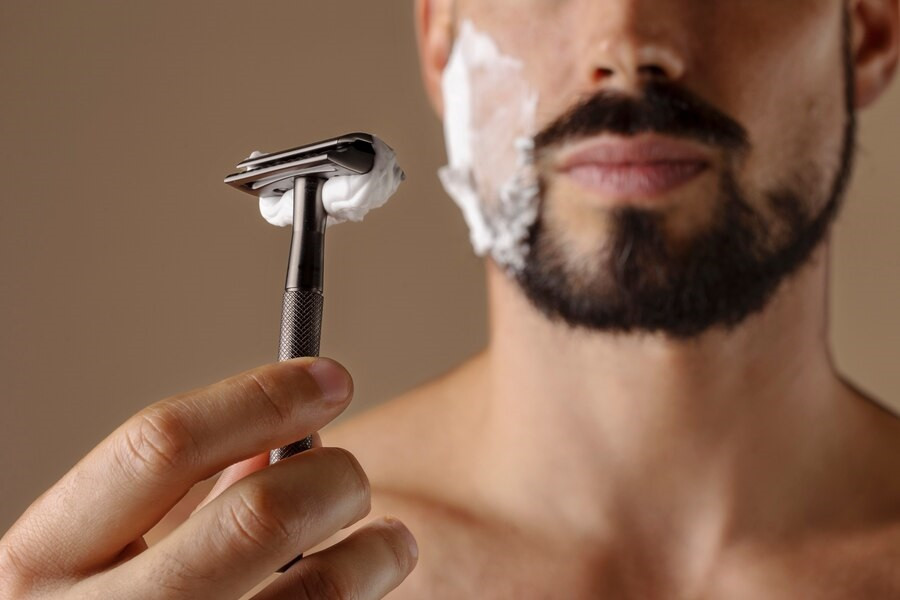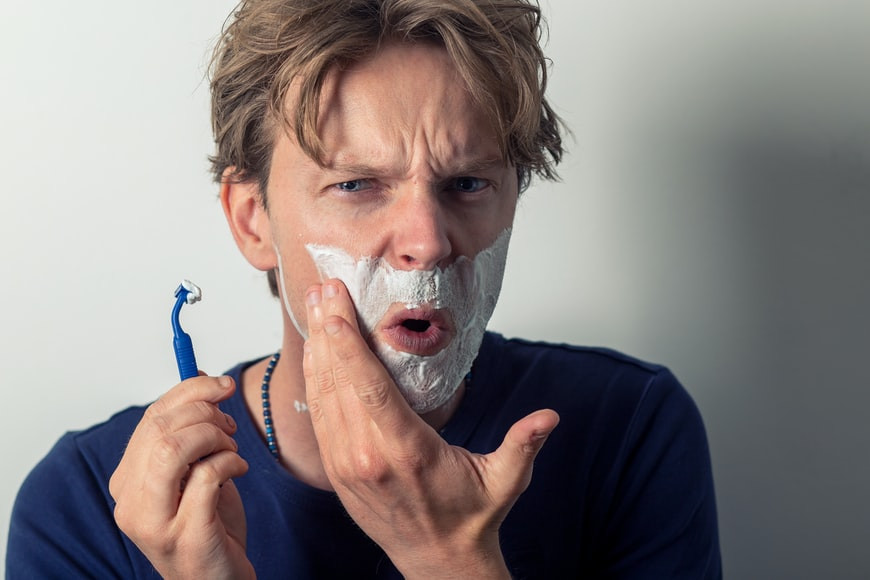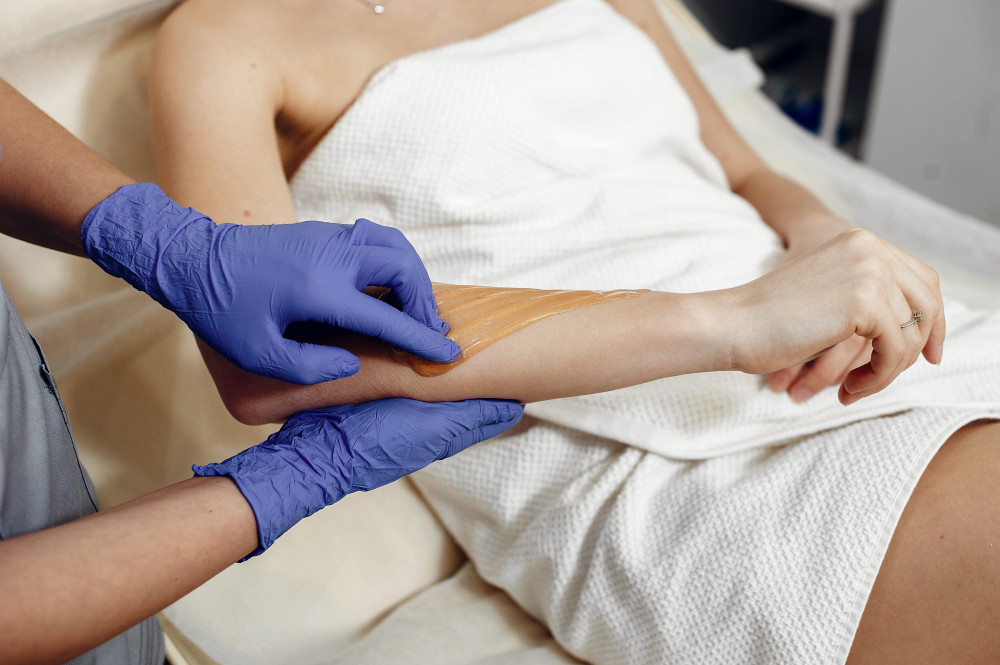Razor burn, which can lead to itching, irritation, pain, a burning or stinging sensation, and swelling, is a common issue that, while not dangerous, can still be bothersome. To minimize the risk of experiencing these symptoms, follow the shaving guidelines suggested by dermatologists.
Shaving Safely: Tips from a Dermatologist
According to the American Academy of Dermatology, dermatologists recommend the following skin-safe shaving procedures:
Moistens hair and skin with water
Watering the skin and hair (or the area to be shaved) is the first step before shaving. Warming and moisturizing your skin can help keep it from clogging up with dead skin cells and excess oil when using a razor.
Apply shaving cream
Choose a shaving cream that is compatible with your skin type. Shaving cream may help retain moisture and avoid dryness while shaving, particularly for individuals with dry or sensitive skin.
Wait 2-3 minutes after the shaving cream has been absorbed into the skin before shaving instead of rushing to do it immediately.
If you don't have shaving cream, use alternatives like baby oil, coconut oil, hair conditioner, skin lotion, aloe vera gel, or soap. Consider that the use of these alternative components may not always be suitable for your skin type. Avoid natural components like coconut oil, olive oil, or aloe vera.
Read more: Is It True Shaved Makes Hair Grow More?
Shave in the right direction
Shaving against the direction of hair growth contributes to razor burn. To avoid razor burns and sensations of burning after shaving, ensure you always shave in the direction of hair growth.
Change razors regularly
Razor burn is more likely to occur when using a dull razor. Changing the razor frequently to keep skin irritation to a minimum while shaving.
Rinse your face with cold water
The best way to keep your face from drying out, particularly after shaving, is to rinse it with cool water. Also, experts say that a cold water rinse can help with acne-related redness, swelling, and inflammation by causing vasoconstriction, which is the shrinking of blood vessels and gives the appearance of temporarily brighter skin while reducing inflammation.
Read more: What's A Burn Monument And How To Prevent It
Apply sunscreen.
Everyone, regardless of gender, should use sunscreen to protect their skin. Sunburn, redness, and early aging are all side effects of spending too much time in the sun.
So, to protect your skin from UVA and UVB radiation, use a broad-spectrum sunscreen with an SPF of 30 or higher.
Ensure proper storage of the shaver.
Lastly, keep the razor in a dry, non-humid location to prevent bacterial growth. Avoid storing the razor in a moist bathroom or sink.
If you have concerns about your skin condition, our health consultation services offer the opportunity to consult with our doctors using the Ai Care application. This app can be downloaded from the App Store or Play Store.
Want to know tips and tricks for health, first aid, and other home treatments? Click here!
- dr. Monica Salim
American Academy of Dermatology Association (2018). Tips for men: how to shave. Available from: https://www.aad.org/news/tips-for-men-how-to-shave
Cleveland Clinic (2022). Razor Burn. Available from: https://my.clevelandclinic.org/health/diseases/23583-razor-burn
Shawna Seed (2024). How to Treat Razor Burn. Available from: https://www.webmd.com/skin-problems-and-treatments/remedies-relieve-razor-burn
Carly Vandergriendt (2021). Alternatives to Shaving Cream and Gel for When You Run Out. Available from: https://www.healthline.com/health/beauty-skin-care/shaving-cream-alternative
American Academy of Dermatology Association. Skin Care Tips For Men. Available from: https://www.aad.org/public/everyday-care/skin-care-basics/care/skin-care-for-men
Annie Stuart (2021). What’s Your Skin Type?. Available from: https://www.webmd.com/beauty/whats-your-skin-type
Beth Krietsch (2023). Should You Wash Your Face With Cold or Hot Water? We Asked Dermatologists. Available from: https://www.byrdie.com/cold-water-face-washing-5235616
Tiarra Mukherjee (2023). 6 Steps for Choosing a Clean and Safe Sunscreen. Available from: https://www.everydayhealth.com/skin-beauty/steps-choosing-clean-safe-sunscreen/











